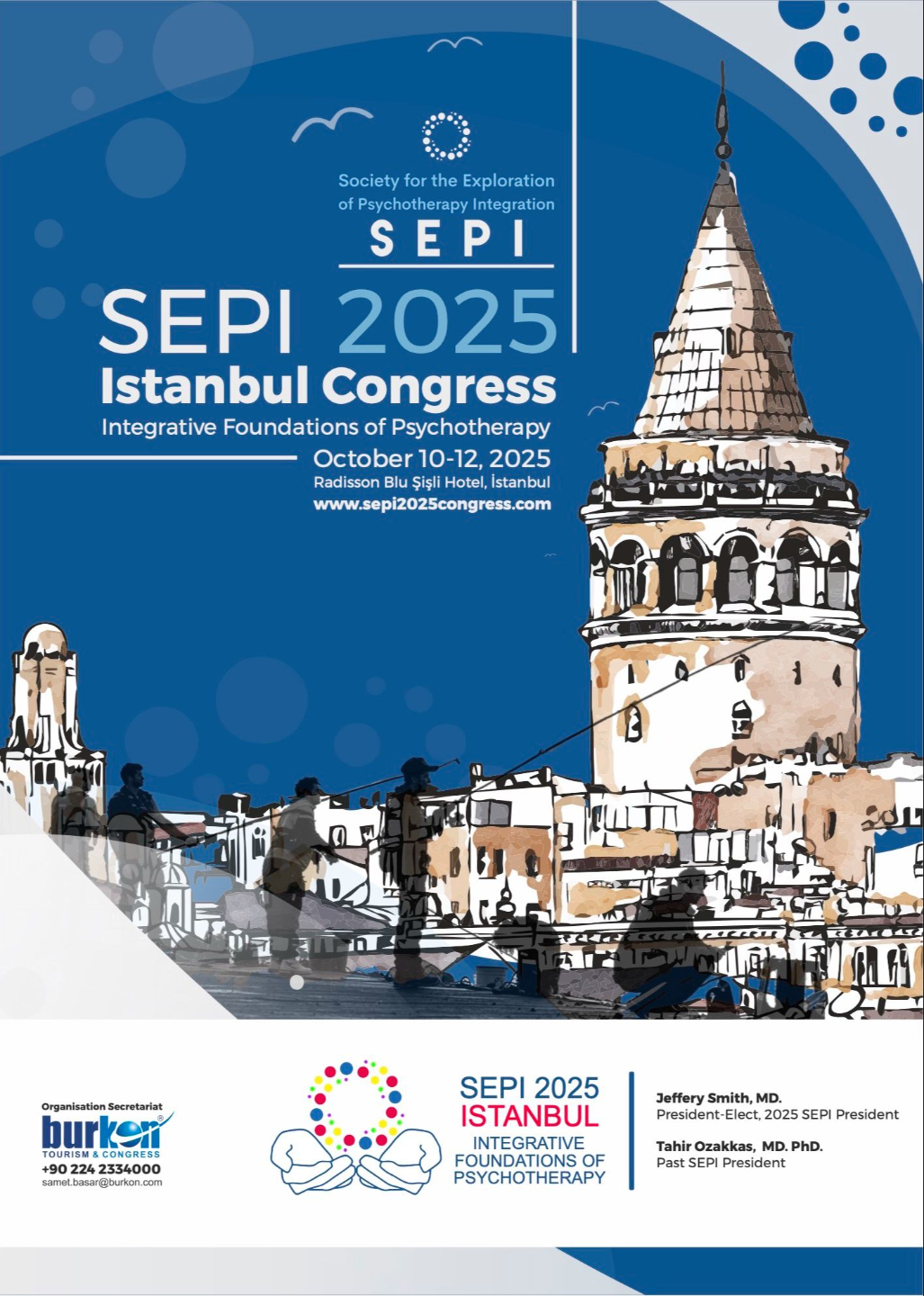Therapists and Trainees:
-
Ready to go beyond just being a good listener?
-
Done with specialty therapies that fall short of their promises?
-
Reluctant to spend years learning a classical therapy?
Howtherapyworks offers modern tools for knowing what’s going on and what to do next, compatible with any and all therapies.
What's New? Announcing Events and Resources

SEPI 2025 Istanbul October 10-12, Submissions Open
An exciting conference in an iconic place, looking at foundational concepts across orientations.

Must See Interview
Interviewed by Jeffrey Magnavita and Jennifer Kelly, Past President of the American Psychological Association, I discuss the infrastructure of psychotherapy in a warm and comfortable atmosphere.

TIFT #101, Essential Concepts for Psychotherapy
Taken from a lecture in Marrakech, this post tells all--and leads to the Five Key Question method.
Powerful Tools for Navigating the Therapeutic Space

1. Discover: The Infographic and eBook tell how it works.
The Affect Avoidance Model helps identify problems treatable in therapy and follow universal change processes.

2. Follow: TIFT "Tuesday is For Therapists," shows it in action.
Newsletter posts offer fresh insights and showcase how a universal framework changes trhe way we think and practice.

3. Assimilate: Online Training helps transform your practice.
Rich materials, personal interaction, and optional online sessions with Dr. Smith help you build new vision into your daily practice.
About Jeffery Smith MD
Stanford Educated • Leader of National APA Therapy Caucus • New York Medical College Faculty • Practice in Scarsdale
For most of my career as a therapist, I have been focused on understanding universal change mechanisms and how to apply that understanding to every kind of clinical problem.
Delving deep into the neuroscience of change, my pracitce has been transformed to follow process rather than method.
My courses offer plain language idea-tools designed to help therapists know clearly what is going on and what to do next.
Rethinking Psychotherapy
Following Process—not Method
In my TIFT blog series, I explore many aspects of therapy, seen in the light of the The Affect Avoidance Model. Discover for yourself the assets available in recent articles and the archive.
View BlogSign up for the HowTherapyWorks newsletter and receive an infographic of deep insights!
Disclaimer
Note to readers and site visitors: I am a licensed physician in New York but as author and coach through this website, I am not providing treatment or consultation.The ideas presented on this site are not medical advice, but ideas presented to stimulate independent thinking by properly licensed and supervised practitioners. These ideas are not a substitute for appropriate training, peer review, and/or clinical supervision. Statements made here cannot be guaranteed as to accuracy, efficacy, or appropriateness in relation to any actual clinical situation.




